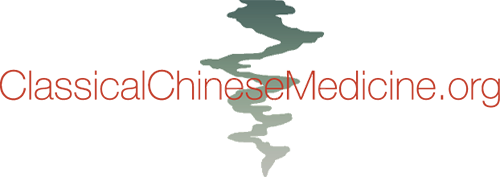Telltale Signs on the Tongue
A skilled Chinese medicine practitioner can learn a tremendous amount about a patient’s history and current condition just by observing their tongue. What are they looking for? Heiner interviews internationally recognized expert Barbara Kirschbaum to find out. Listen as Barbara provides insights gained from her more than thirty years of experience using tongue analysis in the diagnosis and treatment of acute and chronic disease, with a special focus on cancer and trauma. Barbara Kirschbaum is the author of the widely used textbooks The Atlas of Chinese Tongue Diagnosis, volumes 1 and 2, and is Director of the TCM Clinic within the Breast Cancer Center of the Jerusalem Hospital in Hamburg, Germany.
